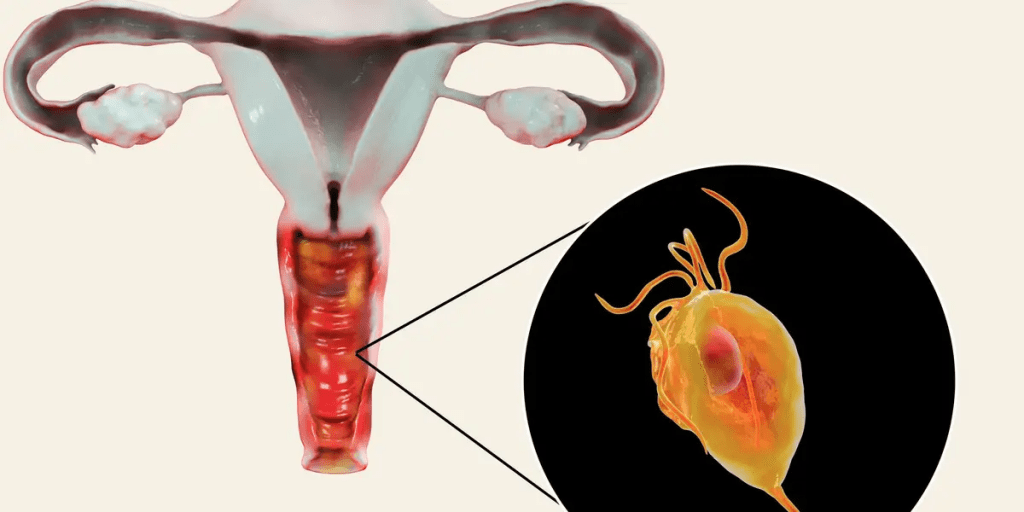Several common causes contribute to this issue, including bacterial vaginosis (BV), poor hygiene, and even certain s*xually transmitted infections (STIs). Additionally, lifestyle habits, diet, and stress levels can also play a role in altering vaginal health. Understanding the root of the problem is the first step toward a solution.
Top Causes of Fishy Odor in Intimate Areas
1. Bacterial Vaginosis (BV)
Bacterial vaginosis is one of the leading causes of a fishy vaginal odor. It occurs when harmful bacteria outnumber the good bacteria that naturally protect the vagina. The overgrowth of anaerobic bacteria releases a strong fishy smell, especially after s*x. Other symptoms include thin, grayish-white discharge and mild itching.


2. Poor Intimate Hygiene
Skipping proper washing routines or using harsh, scented soaps can disrupt the vagina’s pH balance. While the vagina is self-cleaning, neglecting external hygiene can allow bacteria and sweat to accumulate, leading to a foul smell.

3. S*xually Transmitted Infections (STIs)
Certain STIs, such as trichomoniasis, can cause a foul-smelling vaginal discharge. If the odor is accompanied by itching, burning, or unusual discharge, it’s essential to see a doctor for proper diagnosis and treatment.

4. Retained Tampons or Forgotten Hygiene Products
Leaving a tampon in for too long or forgetting a condom inside the vagina can lead to bacterial overgrowth and a severe fishy odor. In some cases, this can even lead to toxic shock syndrome (TSS), a rare but serious condition.

5. Diet and Hormonal Changes
What you eat can influence how your body smells. Foods high in sugar, processed foods, and excessive dairy can encourage yeast and bacterial growth, leading to an unpleasant vaginal odor. Additionally, hormonal fluctuations during menstruation, pregnancy, or menopause can alter the natural scent of intimate areas.


How to Get Rid of the Fishy Smell in Intimate Areas
If you’re dealing with an unusual odor, don’t panic. The good news is that there are effective ways to restore balance and maintain a fresh and healthy intimate area.

 Maintain Proper Hygiene
Maintain Proper Hygiene



 Wear Breathable Cotton Underwear
Wear Breathable Cotton Underwear
Synthetic fabrics trap moisture, creating an environment where bacteria thrive. Choose cotton underwear to keep the area dry and well-ventilated. Change your underwear daily and avoid tight clothing that may increase sweating.
 Avoid Scented Feminine Products
Avoid Scented Feminine Products
Perfumed soaps, wipes, and sprays can irritate the vaginal area and disrupt its natural pH. Stick to gentle, fragrance-free products specifically designed for intimate care.
 Stay Hydrated and Eat a Balanced Diet
Stay Hydrated and Eat a Balanced Diet
Drinking plenty of water helps flush out toxins, while a diet rich in probiotics (like yogurt and kefir) supports healthy vaginal flora. Avoid excessive sugar, which can contribute to bacterial growth and yeast infections.
 Practice Safe S*x
Practice Safe S*x
Using protection reduces the risk of STIs that can cause a foul vaginal odor. Also, urinating after intercourse helps flush out bacteria that could lead to infections.
 See a Gynecologist Regularly
See a Gynecologist Regularly
If the odor persists, it’s crucial to seek medical advice. A doctor can diagnose underlying infections and prescribe the appropriate treatment. Ignoring the issue can lead to complications such as pelvic inflammatory disease (PID) or chronic infections.
When Should You See a Doctor?
While occasional changes in vaginal odor are normal, a persistent fishy smell accompanied by symptoms like:




…may indicate a serious issue requiring medical attention. Early diagnosis and treatment can prevent complications and discomfort.

Final Thoughts
A fishy odor in the intimate area is not something to be ignored, but it is also not something to be ashamed of. It’s simply a sign that your body needs some care and attention. Whether it’s bacterial vaginosis, an STI, or a hygiene issue, there are ways to restore balance and maintain fresh, healthy intimate parts.




